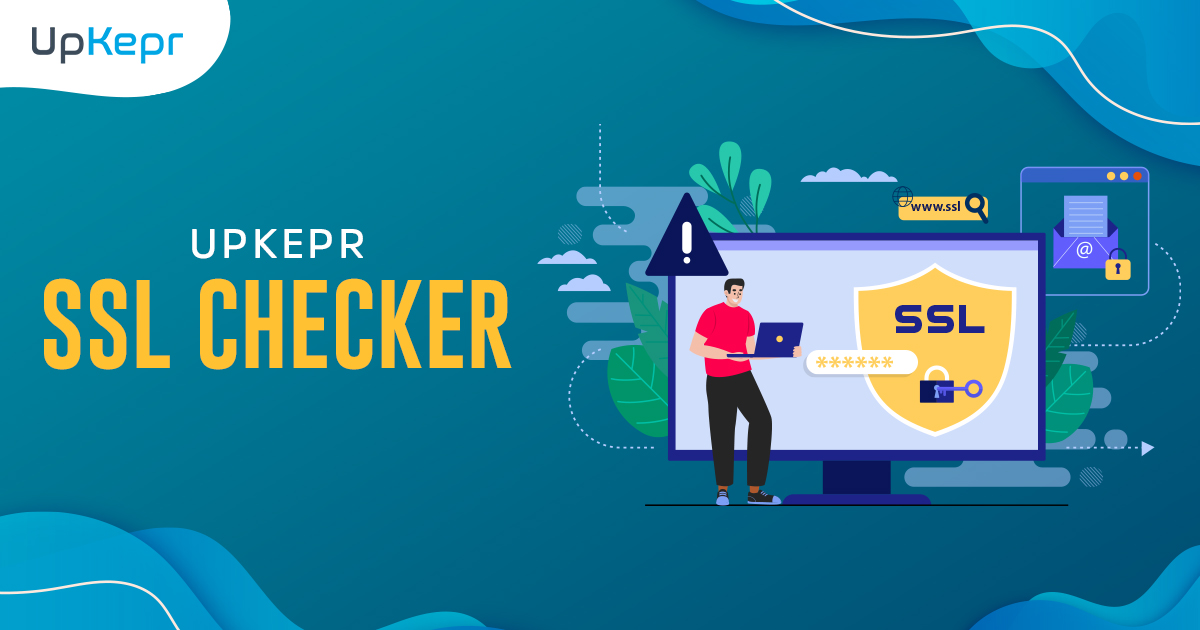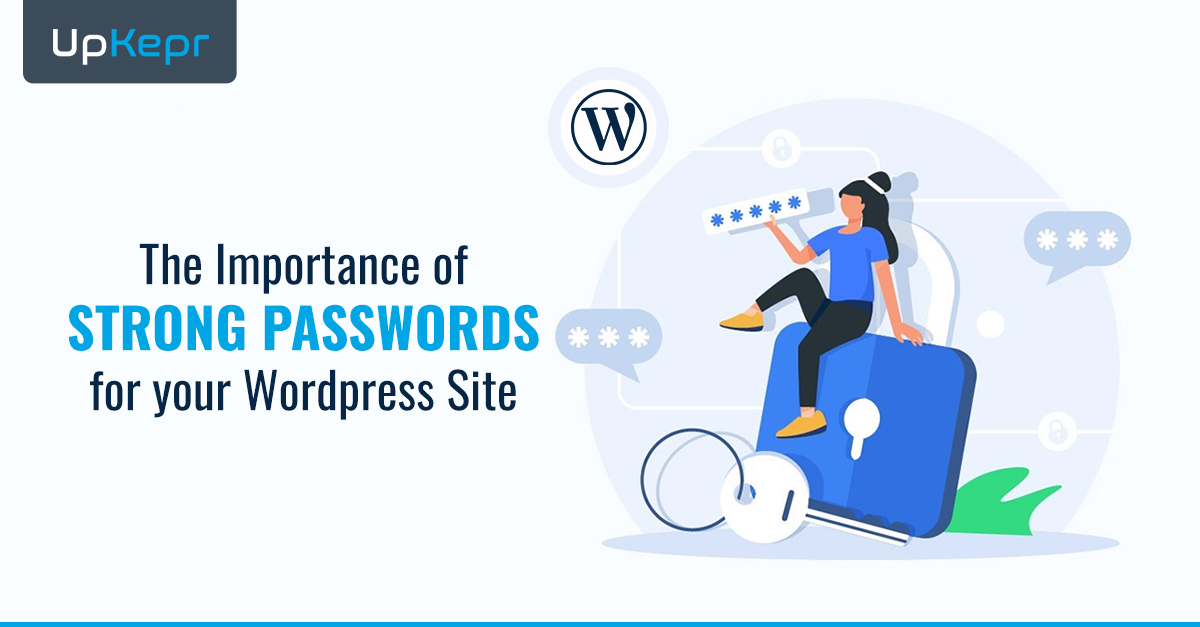
The Importance of SSL Certificates A Comprehensive Guide

Introduction:
In an era where digital security is paramount, SSL (Secure Sockets Layer) certificates have become a critical component of online security. These certificates, which are small data files, play a crucial role in securing sensitive information transmitted over the internet. By encrypting data transfers and verifying the identity of websites, SSL certificates ensure that users can browse the web safely and securely.
In this comprehensive guide, we will explore the importance of SSL certificates, their benefits, the different types available, and how to obtain and install them. Whether you are a website owner looking to enhance security or simply interested in understanding more about SSL certificates, this guide will provide you with the information you need. Let's dive in!
What is an SSL Certificate?
SSL (Secure Sockets Layer) certificates are small data files that digitally bind a cryptographic key to an organization's details. When installed on a web server, they activate the padlock and the https protocol, allowing secure connections from a web server to a browser. This secure connection ensures that all data passed between the web server and browsers remain private and integral.
Benefits of Using SSL Certificates
1. Data Encryption: SSL certificates encrypt data transmitted between a website and a user's browser. This encryption ensures that sensitive information such as login credentials, credit card details, and personal information cannot be intercepted by unauthorized parties.
2. Trust and Credibility: Websites with SSL certificates display a padlock icon and https in the URL, indicating to users that the site is secure. This visual cue builds trust and credibility with visitors, increasing the likelihood of them interacting with the site.
3. Improved Search Engine Ranking: Search engines like Google consider SSL certificates as a ranking factor. Websites with SSL certificates are more likely to rank higher in search engine results pages, leading to increased visibility and traffic.
4. Protection Against Phishing Attacks: SSL certificates help protect against phishing attacks by verifying the identity of the website. This verification process makes it more difficult for attackers to impersonate legitimate sites and trick users into providing sensitive information.
5. Compliance with Data Protection Regulations: Many data protection regulations, such as the GDPR (General Data Protection Regulation), require websites to use SSL certificates to protect user data. Failure to comply with these regulations can result in fines and other penalties.
6. Protection Against Data Breaches: SSL certificates help protect against data breaches by encrypting sensitive information transmitted between a website and a user's browser. This encryption makes it significantly harder for hackers to intercept and steal data.
7. Enhanced Customer Trust: Websites with SSL certificates display visual indicators such as a padlock icon and https in the URL, which signal to users that the site is secure. This can lead to increased trust in your brand and higher conversion rates.
8. PCI DSS Compliance: If your website processes credit card payments, you must comply with the Payment Card Industry Data Security Standard (PCI DSS). SSL certificates are a crucial component of PCI DSS compliance, helping to protect cardholder data.
9. Faster Website Load Times: In addition to security benefits, SSL certificates can also improve website performance. Modern SSL certificates and protocols can help reduce load times, leading to a better user experience and potentially higher search engine rankings.
10. Compatibility with HTTP/2: HTTP/2, the latest version of the HTTP protocol, requires the use of SSL certificates. By using SSL certificates, you can take advantage of the performance benefits of HTTP/2, such as faster loading times and better handling of multiple concurrent requests.
Types of SSL Certificates
1. Domain Validated (DV) Certificates: These are the most basic SSL certificates and only require verification of the domain name. DV certificates are ideal for small websites and blogs.
2. Organization Validated (OV) Certificates: OV certificates require verification of the organization's identity in addition to the domain name. These certificates are suitable for businesses and organizations that want to display their legitimacy.
3. Extended Validation (EV) Certificates: EV certificates provide the highest level of security and require a rigorous validation process. This process includes verification of the organization's legal existence and physical location. EV certificates are ideal for e-commerce websites and other sites that handle sensitive information.
How to Get an SSL Certificate?
Obtaining an SSL certificate is a crucial step in securing your website and ensuring the safety of sensitive information transmitted between your site and its visitors. To acquire an SSL certificate, you can use an SSL certificate checker tool like the one provided by Upkepr to ensure the validity of your certificate and the security of your website.
Here is a detailed guide on how to get an SSL certificate:
1. Select a Certificate Authority (CA): Start by choosing a reputable CA to purchase your SSL certificate. Popular CAs include Comodo, Symantec, and Let's Encrypt. Ensure that the CA you select is trusted by major web browsers to avoid compatibility issues.
2. Generate a Certificate Signing Request (CSR): Before you can obtain an SSL certificate, you need to generate a CSR from your web server. The CSR contains information about your organization and the domain you wish to secure. Follow the instructions provided by your CA or hosting provider to generate the CSR.
3. Purchase an SSL Certificate: Use the CSR to purchase an SSL certificate from your chosen CA. During the purchase process, you'll need to provide the CSR and other required information. The CA will then validate your information and issue the SSL certificate.
4. Receive and Install the SSL Certificate: Once you've purchased the SSL certificate, the CA will send you the certificate files, including the SSL certificate itself and any intermediate certificates. Install these files on your web server according to the instructions provided by your CA or hosting provider.
5. Verify the SSL Certificate: After installing the SSL certificate, use Upkepr SSL certificate checker tool to verify its validity. The tool will check the certificate's expiration date, issuer, and other details to ensure it's installed correctly. This step is crucial for ensuring that your website is properly secured and that visitors can trust it.
6. Renew the SSL Certificate: SSL certificates typically expire after a certain period, usually one year. Use Upkepr SSL certificate checker tool to monitor the expiration date and renew the certificate before it expires. Regularly checking and renewing your SSL certificate is essential for maintaining a secure website.
Upkepr SSL Certificate Checker: Your Key to Website Security
Securing your website and safeguarding sensitive information are paramount tasks. Obtaining an SSL certificate is a crucial step in this process. By carefully following the steps detailed earlier and utilizing Upkepr SSL certificate checker tool, you can verify the validity and proper installation of your SSL certificate. This ensures that your website meets the necessary security standards, protecting both your data and the data of your visitors.
Features of Upkepr SSL Certificate Checker Tool
1. Validation: Upkepr tool validates your SSL certificate to ensure it meets industry standards and is correctly configured.
2. Expiration Monitoring: It monitors the expiration date of your SSL certificate, alerting you to renew it before it expires.
3. Compatibility Check: Upkepr tool checks the compatibility of your SSL certificate with major web browsers to ensure seamless user experience.
4. Ease of Use: The tool is user-friendly and provides easy-to-understand results, making it simple for anyone to verify their SSL certificate.
By regularly checking your SSL certificate with Upkepr tool, you can stay ahead of potential issues and maintain a secure website for your users. Don't wait until it's too late – get your SSL certificate today and protect your website with Upkepr.
Conclusion
In conclusion, obtaining an SSL certificate is a critical step in securing your website and protecting sensitive information. By following the steps outlined above and using Upkepr SSL certificate checker tool, you can ensure that your SSL certificate is valid and properly installed. This will help protect your website from cyber threats and build trust with your visitors.
Upkepr SSL certificate checker tool provides an easy way to verify the validity of your SSL certificate and ensure that it is correctly configured. By regularly checking your SSL certificate with Upkepr tool, you can stay ahead of potential issues and maintain a secure website for your users.
Don't wait until it's too late – get your SSL certificate today and protect your website with Upkepr.



























































































 Sign Up with Google – Free
Sign Up with Google – Free Sign Up with Github – Free
Sign Up with Github – Free